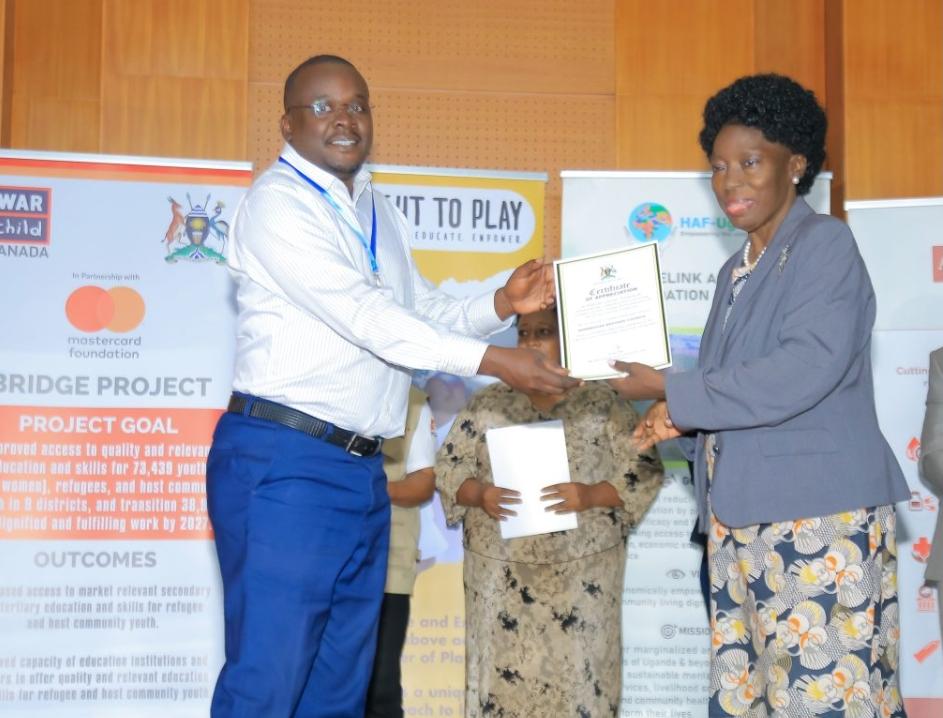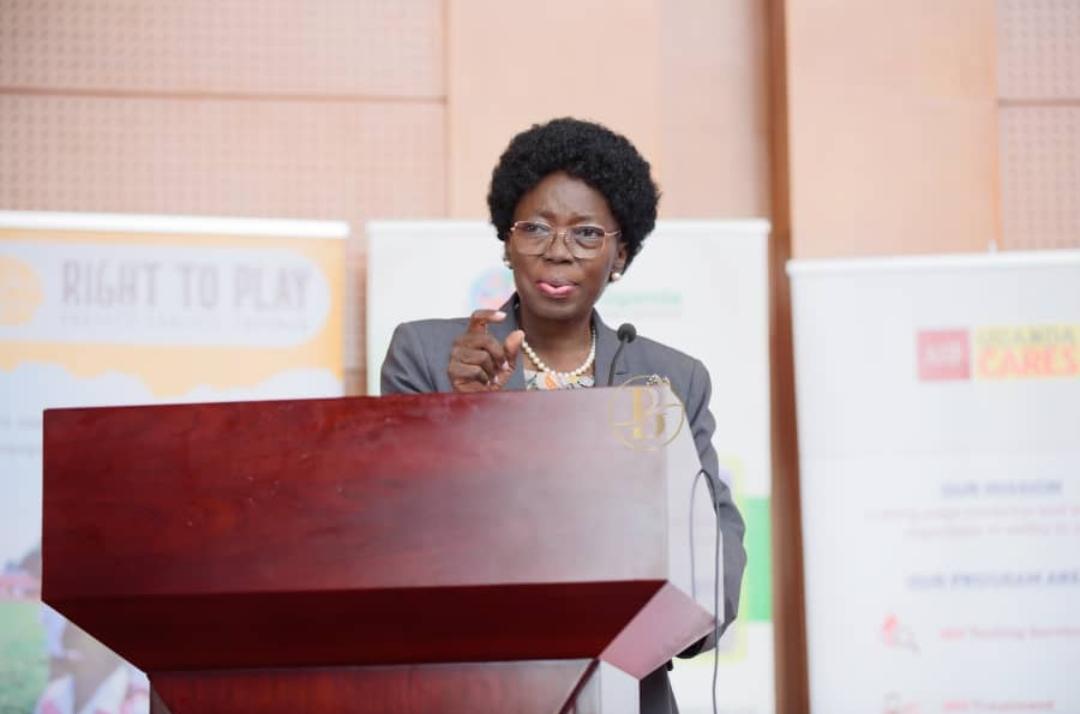One of the education policies in Uganda stipulates free, compulsory universal education, with adult literacy education at the secondary level to be provided to 30% of primary school leavers, and higher education to be provided to 20% of those who complete secondary school.
To support the existing education policy in Uganda, the cabinet recently approved the National Early Childhood Development and Education Policy.
The first deputy prime minister, Rebecca Alitwala Kadaga, represented Vice President Jessica Alupo and officially opened the High-Level Policy Dialogue on Education in Uganda, which took place at the President’s Office in Kampala.
Presenting the Vice President’s speech, Rebecca Kadaga urged the National Planning Authority to develop a philosophical background on education in Uganda.

She further reminded the technocrats about the importance of gender equality in higher learning institutions in Uganda.
Kadaga praised the Ministry of Education for bringing together all stakeholders to maintain focus on educational matters, emphasizing that education is a key priority for the government. She stressed that the government must continually keep its focus on developments within this sector.
She mentioned that, over the years, the government has earnestly taken up the U.N. challenge to ensure access to education for all citizens. As a nation, Uganda is committed to providing equitable access to affordable, quality education for all.
Kadaga awarded certificates of appreciation to companies and agencies for their contributions to the education sector in Uganda.




